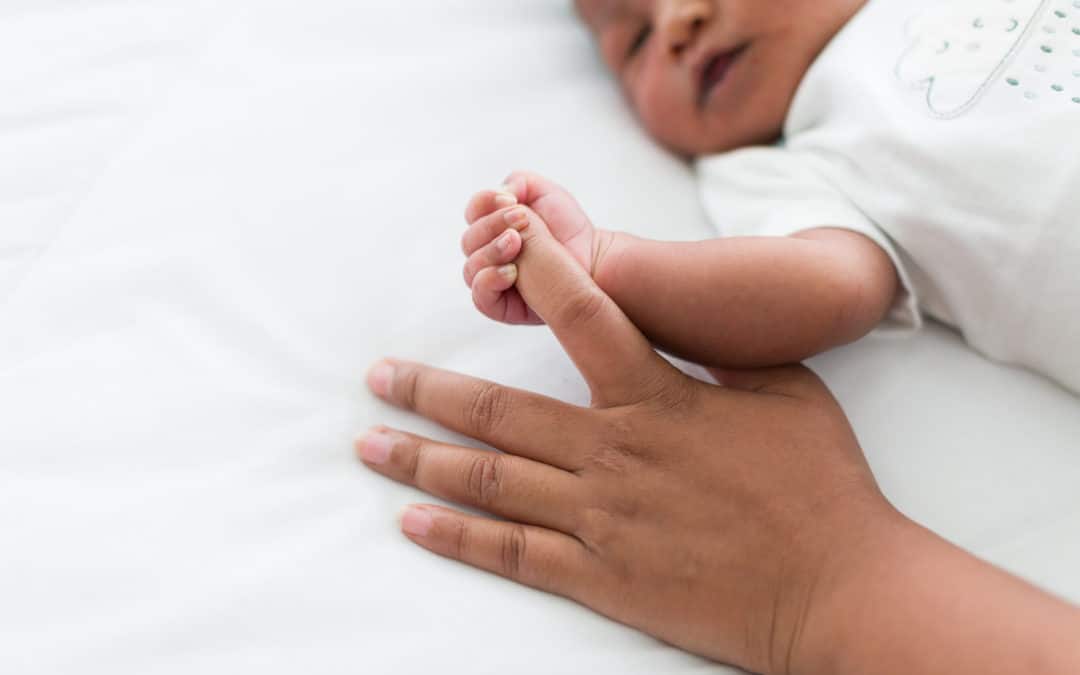Following the overturning of Roe v. Wade, pro-life states like Indiana have moved quickly to restrict abortion while widening the social safety net for families.
Parts of Indiana’s expanded safety net include an increased adoption tax credit and an additional $2 million for pregnancy help organizations. The state has also allocated $1 million to increasing awareness about the state’s safe haven law.
Monica Kelsey, founder of Safe Haven Baby Boxes, is glad to see the state putting money towards a project that she has been working on for years.
“It is a positive thing, I think, to reintroduce the safe haven law to everyone,” Kelsey said. “Because clearly people have not been educated over the years.”
Kelsey says that one of the reasons her organization exists is to “bridge the gap” by educating communities about the state’s safe haven law. She says that the new state funding will give Hoosier communities the opportunity to take part in spreading awareness themselves.
“If communities do it themselves, then that eliminates us having to do it,” she said. “So I would hope that communities could rally around this money. They can do the education in their community, which honestly should be happening anyway.”
According to the Indiana Department of Child Services’ website, “The Indiana Safe Haven Law enables a person to give up an unwanted infant anonymously without fear of arrest or prosecution. As long as there are no signs of intentional abuse on the baby, no information is required of the person leaving the baby.”
Safe haven locations include fire departments, hospitals and emergency medical service stations. Safe haven baby boxes–which Kelsey developed after learning she was abandoned at a hospital when she was born–are two-way devices installed at fire stations or hospitals that allow for the safe surrender of an infant. The boxes, which are temperature controlled, alert first responders when a baby is surrendered.
“Life is precious, and needs to be safeguarded,” said State Rep. Martin Carbaugh (R-Fort Wayne). “Baby boxes protect and foster life. As access continues expanding through Indiana, the Midwest and the U.S., word is spreading about the viability of this life-saving option. It’s obviously making a difference, and truly amazing to see the number of babies that have already been saved.”
At least 57 infants have been surrendered under Indiana’s safe haven law since 2008. Kelsey says 19 infants have been rescued through Safe Haven Baby Boxes since the first box was installed in 2017. She also says there have been no deadly abandonments in the state in the years since her program began.
Going forward in a post-Roe America, Kelsey says that the importance of Safe Haven Baby Boxes will persist, although she isn’t quite sure what it will look like.
“I don’t think any of us truly know what’s going to happen because we’ve never had a time in our history where abortion was off the table, but a safe haven law was available,” she said. “So I don’t think any of us truly know what this is going to entail. But I can tell you, every hospital in America is a safe location. We’ve been working hard to keep babies out of dumpsters and trash cans for many years. So I look at it as–we’re just gonna continue to keep babies out of dumpsters and trash cans.”
Surrendering an infant is not considered an alternative to abortion for every woman. For most women, parenting, followed by adoption, will be her alternatives. But the safe haven law exists as a life-saving alternative to deadly or dangerous abandonment for any child 30 days old or younger.
Kelsey said that safely surrendering an infant is an option for parents in particularly dire situations.
“We always say that safe haven is the last resort option for parents,” she said. “And that’s gonna continue whether Roe is here or not.”
“Surrendering a baby is a tough choice, no doubt,” Carbaugh said. “But Indiana’s safe haven law and baby boxes provide expectant mothers the tools they need to choose life. Expectant mothers and newborns deserve our never-ending support. Wraparound services for them–like baby boxes–will rightfully be increased here in Indiana and across the U.S. as more states take action on the Dobbs ruling. We must make sure the voiceless continue to be heard.”


Recent Comments